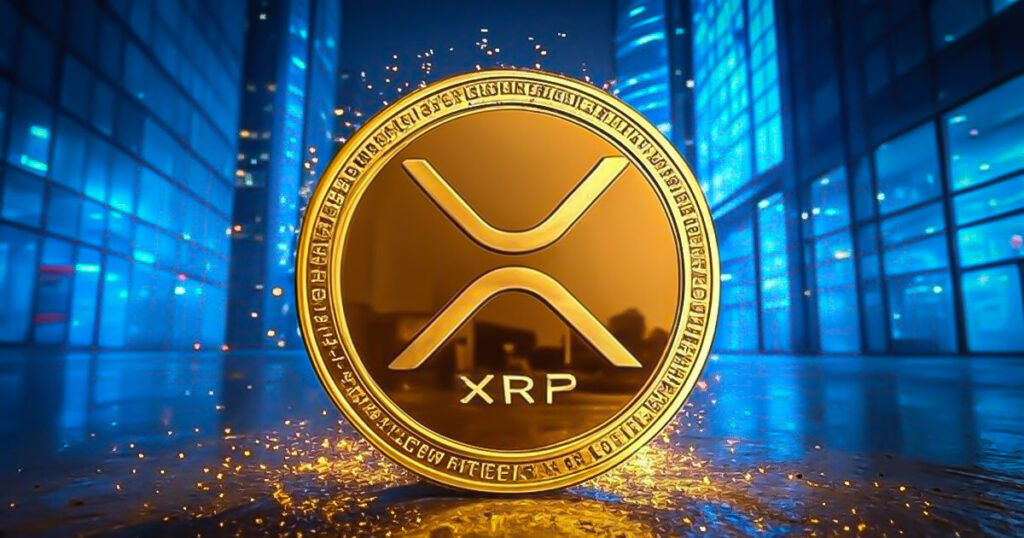Webus International recently announced a strategic financing plan to raise up to $300 million for integrating the XRP blockchain into its global chauffeur services payments network. The Chinese AI-powered mobility firm aims to build an XRP reserve using non-equity financing sources such as existing cash, commercial bank loans, shareholder guarantees, and institutional credit lines.
CEO Nan Zheng emphasized that the company’s goal is to preserve equity value while enabling instant cross-border settlements, on-chain booking records, and a Web3 loyalty program. The proposed reserve is part of a larger initiative that includes developing a proprietary blockchain infrastructure and accelerating overseas expansion.
Webus plans to use in-house wallets to process passenger fares and immediate driver refunds, aligning with its vision of “borderless travel.” The company also renewed a partnership with Tongcheng Travel Holdings to expand inter-city charter lines across China, leveraging Tongcheng’s user base of 240 million annual paying users.
The financing plan is non-binding until definitive agreements are signed and due diligence hurdles are cleared. This announcement comes on the heels of VivoPower International securing commitments for a $121 million private placement to build its own XRP treasury. VivoPower will sell 20 million ordinary shares to institutional digital asset investors, with plans to allocate the proceeds to XRP accumulation, infrastructure for the XRP Ledger, and debt reduction.
While Bitcoin treasuries are more common among public companies, XRP treasuries are still relatively rare. Both Webus and VivoPower cited XRP’s low-fee settlement layer and integration with the XRP Ledger as key reasons for their strategic moves towards XRP adoption.
Overall, Webus International’s financing plan signals a growing momentum in the adoption of XRP as a digital asset for corporate treasuries. The company’s focus on leveraging XRP for cross-border payments and loyalty programs demonstrates a commitment to innovation in the mobility industry.

